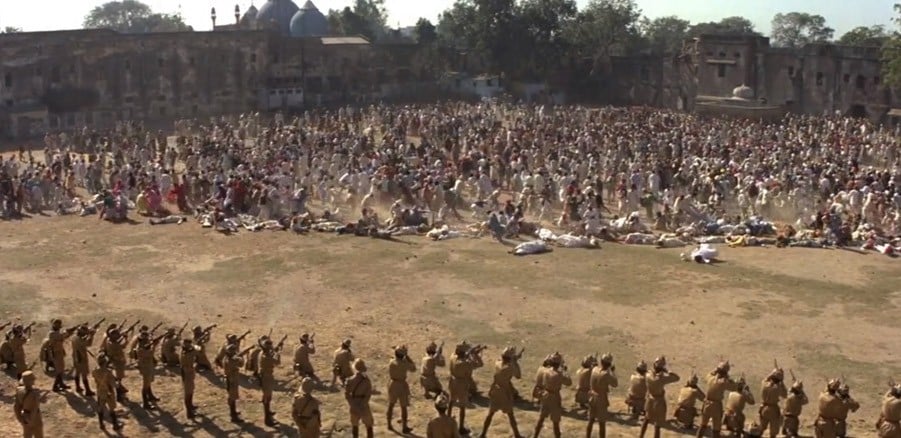
100 years of Jallianwala Bagh Massacre exposes a mindset that threatens peace and justice

My grandfather Sheikh Hassamuddin heard some slogans against infamous Rowlatt Act when he was playing football in a playground in Amritsar. He and his friends joined the mob and were arrested and jailed. He belonged to a business family but that event changed his life forever. He was not alone in this struggle as a number of Punjabis had joined the movement against colonial rule after the horrible incidents of April 1919. The Jallianwala Bagh Massacre of April 13, 1919 played a pivotal role in changing their lives.
On April 10, 2019, the British prime minister, while addressing the British Parliament, regretted the massacre by British troops in the Punjab. "We deeply regret what happened and the sufferings caused." It might be a good gesture after 100 years, but the pertinent question is about the mindset that created such a nasty event.
This mindset is preserved in a report known in history as the "Sedition Report 1918". Governor General had set up a committee on December 10, 1917 (two months after the Bolshevik revolution) with the approval of secretary of state for India and it had two objectives; One, to investigate and report on the nature and extent of the criminal conspiracies connected with the revolutionary movements in India; Two, to examine and consider the difficulties that have arisen in dealing with such conspiracies and to advise as to the legislation, if any, necessary to enable the government to deal effectively with them.
Linking anti-colonial revolutionary movements with criminal activities was a smart twist that instigated security personnel to use all coercive methods including forced disappearance, torture, target killing, collateral damage etc against political workers. The second objective was a legal cover to protect that terrible mindset.
Justice S.A.T Rowlatt, King’s Bench Division of High Court, was president of the committee with four members and a secretary.
The committee conducted most of its meetings in Calcutta. Only four meetings were held in Lahore and all were in-camera meetings as reported by Rowlatt. After the 46th meeting, the committee got ample favourable evidence from the government servants of all provinces. A year before Jallianwala Bagh Massacre, the committee had submitted its report.
In this 286-page document, one finds a long list of revolutionary movements and criminal activities, separately included in province-wise chapters. It is a record of 25 years from 1893 till 1917 and one finds mention of various movements namely Nasik conspiracy, Satara conspiracy, Alipore conspiracy, Howrah conspiracy, Raja Bazar bomb case, Benares conspiracy case, Delhi conspiracy case, Lahore conspiracy case etc. Chapter 7 is important because it has exposed the hidden purpose of the committee well. Its title is "German Plots" and in a few chapters the author also mentioned the Russian involvement.
In this scenario, you can easily understand the mindset working behind the Jallianwala Bagh Massacre. According to that mindset, all revolutionaries have links with criminals and foreign agents. For security personnel, it was a war-like situation. So they treated revolutionaries as enemies. South Asian establishments are groomed in line with that mindset.
The Rowlatt Committee did not discuss two vital facts -- they themselves were colonizers, and it was absence of democratic spaces that led to revolutionary movements.
After independence, the situation changed and political system grew along with private businesses and media. But what has not changed is our sedition-cum-security mindset and that is why it is important to remember the Jallianwala Bagh incident.
Just imagine how easily we often use sedition charges against any opponent. This mindset has been a part of state and society for many decades.
In the recent election campaign in India, the ruling BJP has called its political rival Congress an agent of Pakistan. It is continuity of that mindset that labels political opponents enemies of state. This sedition report is available on internet. Our universities should introduce such record in their studies.